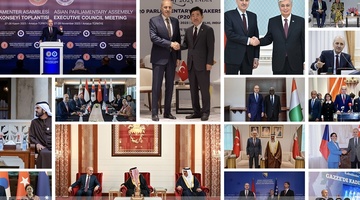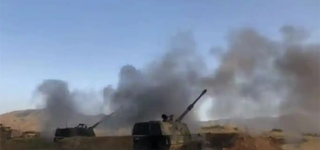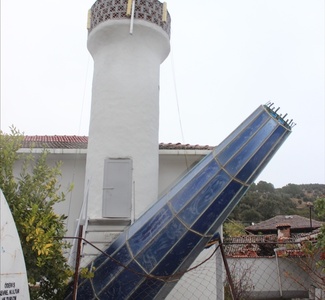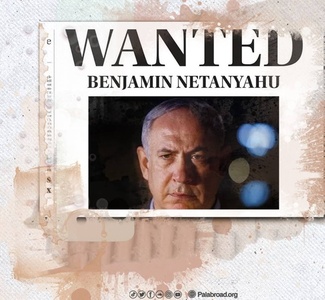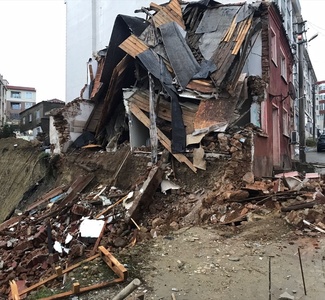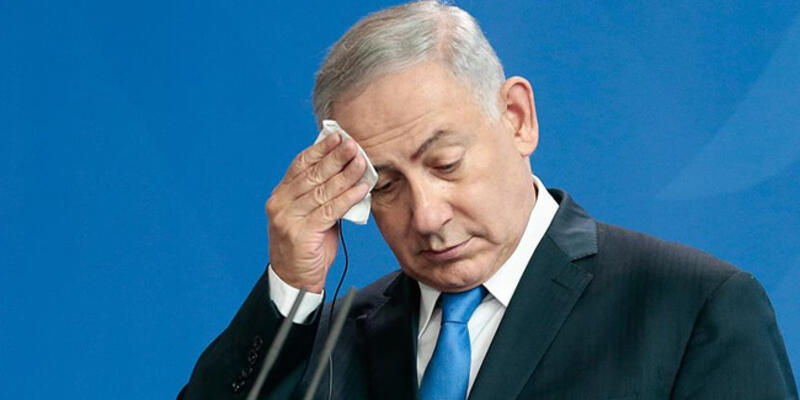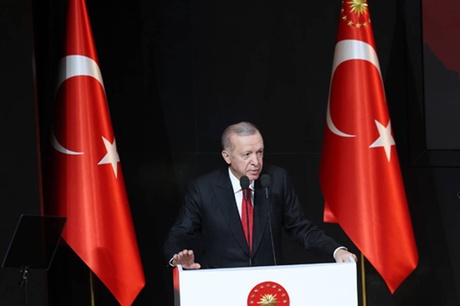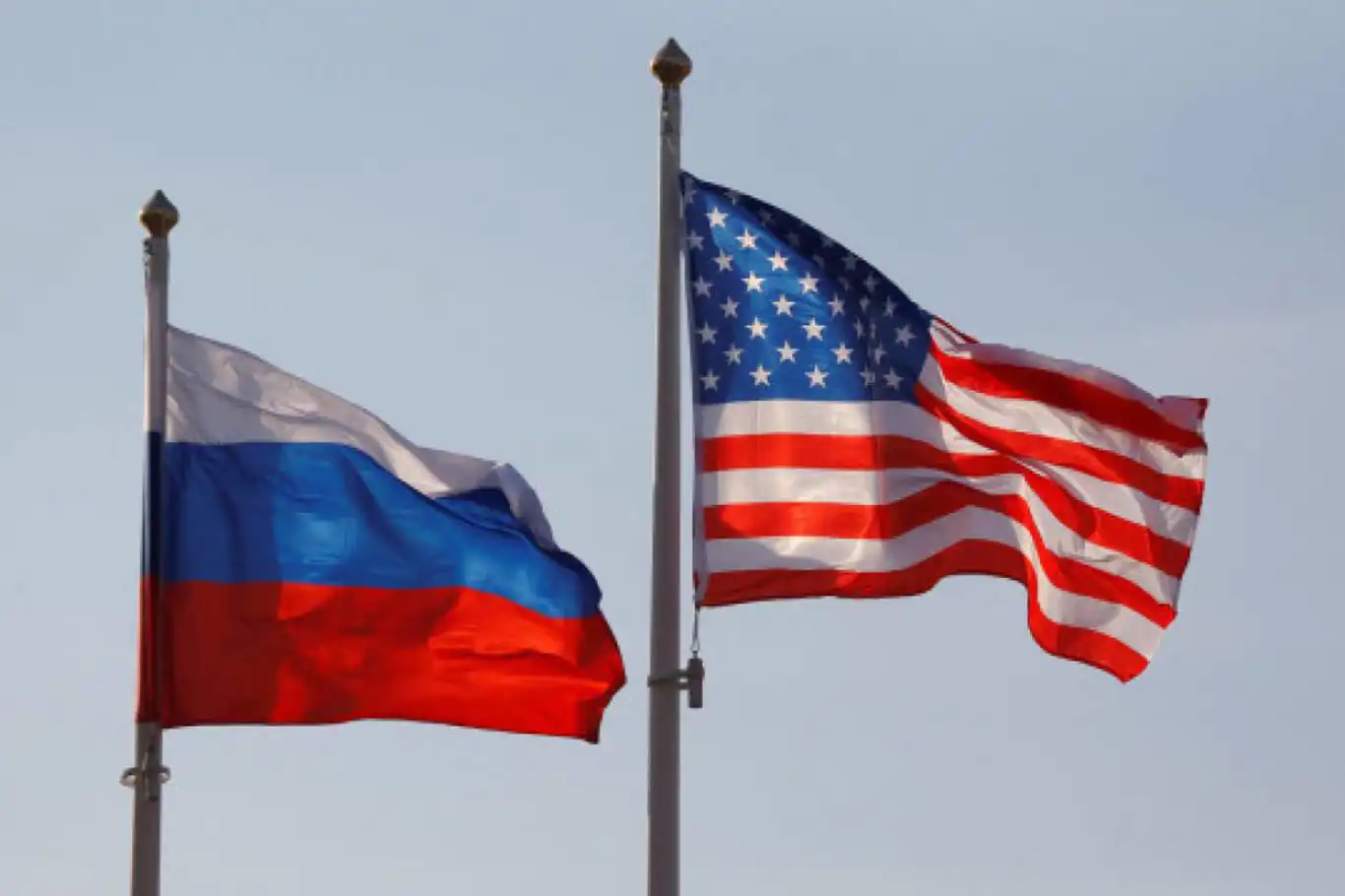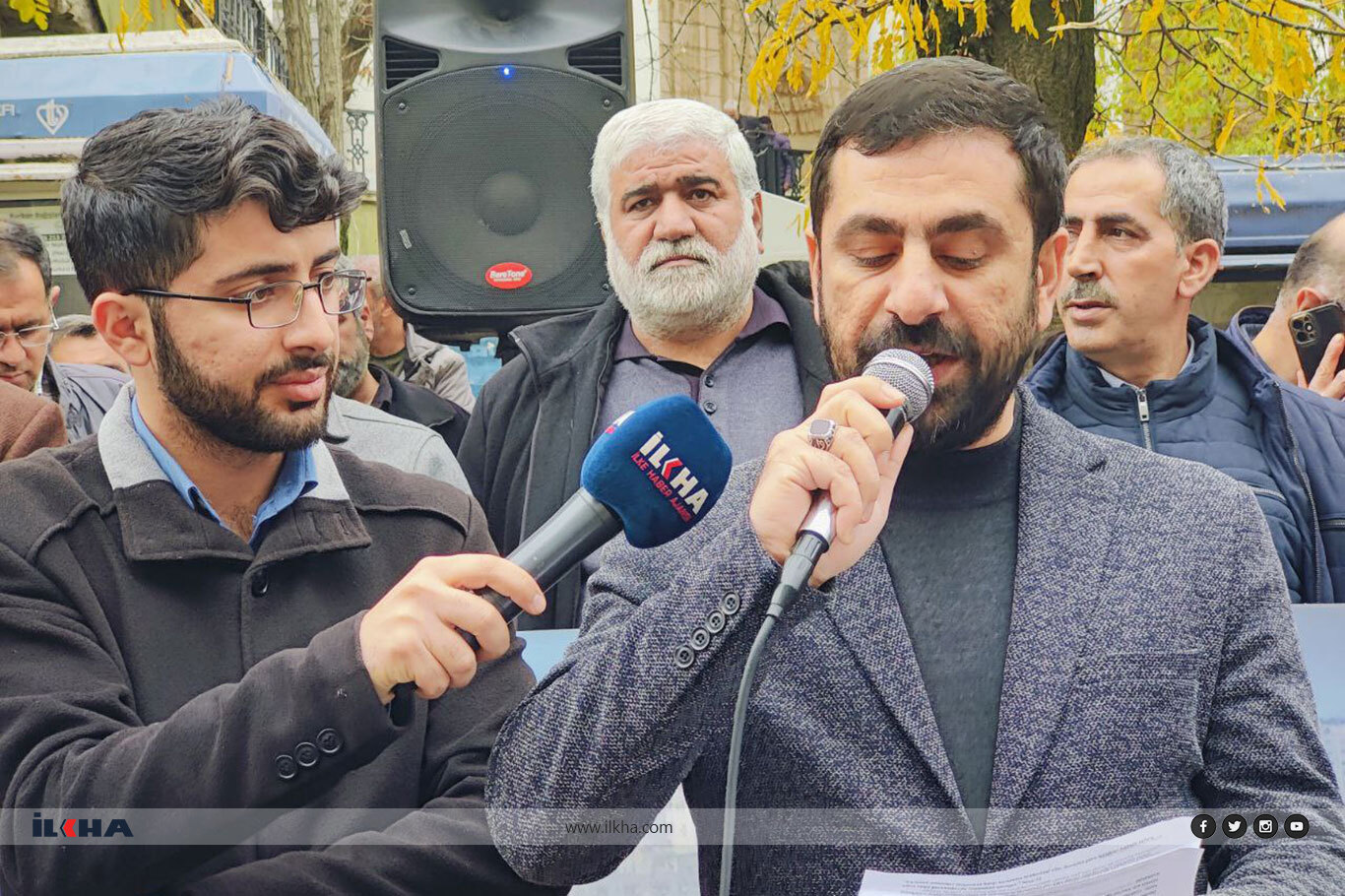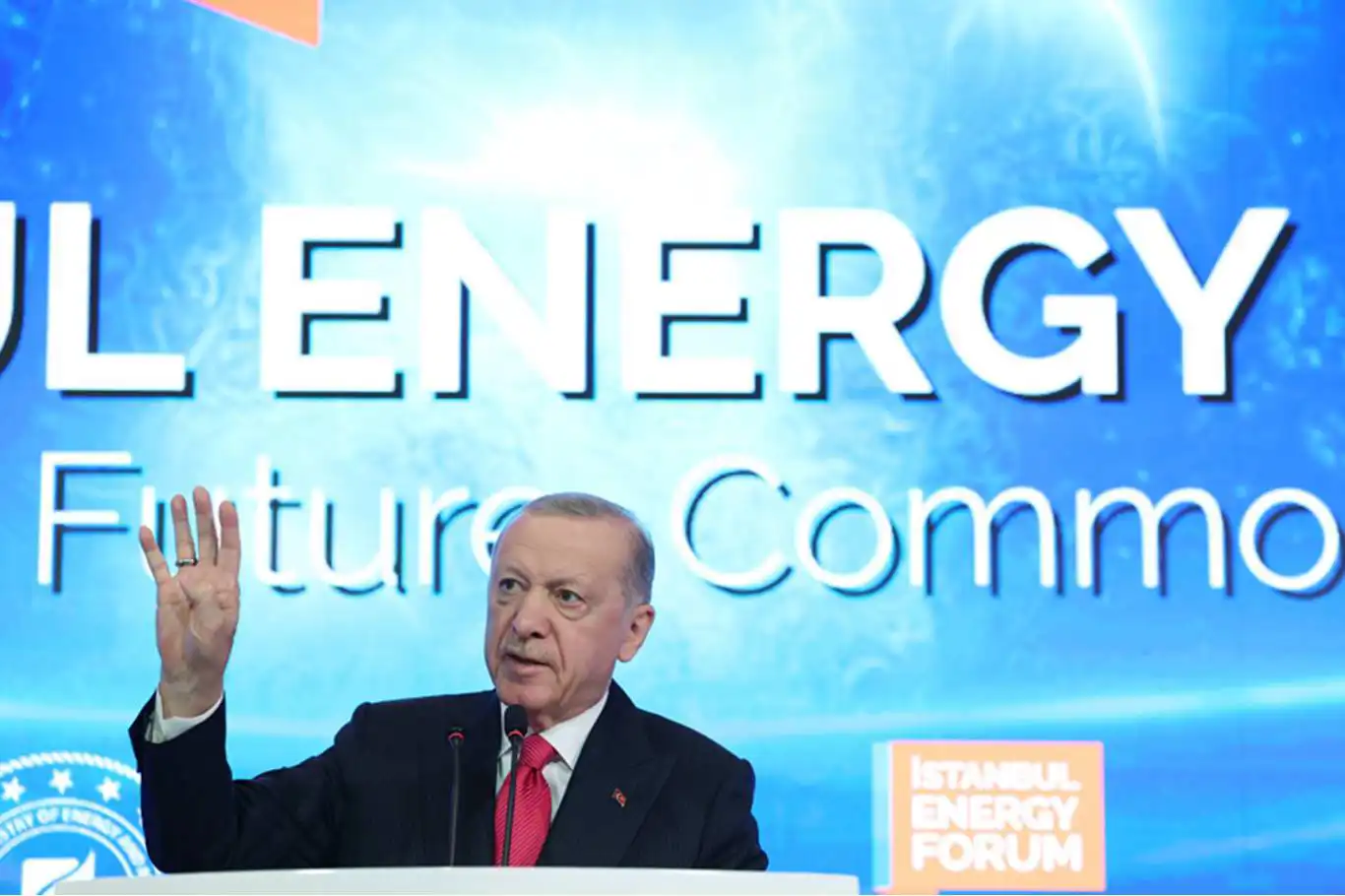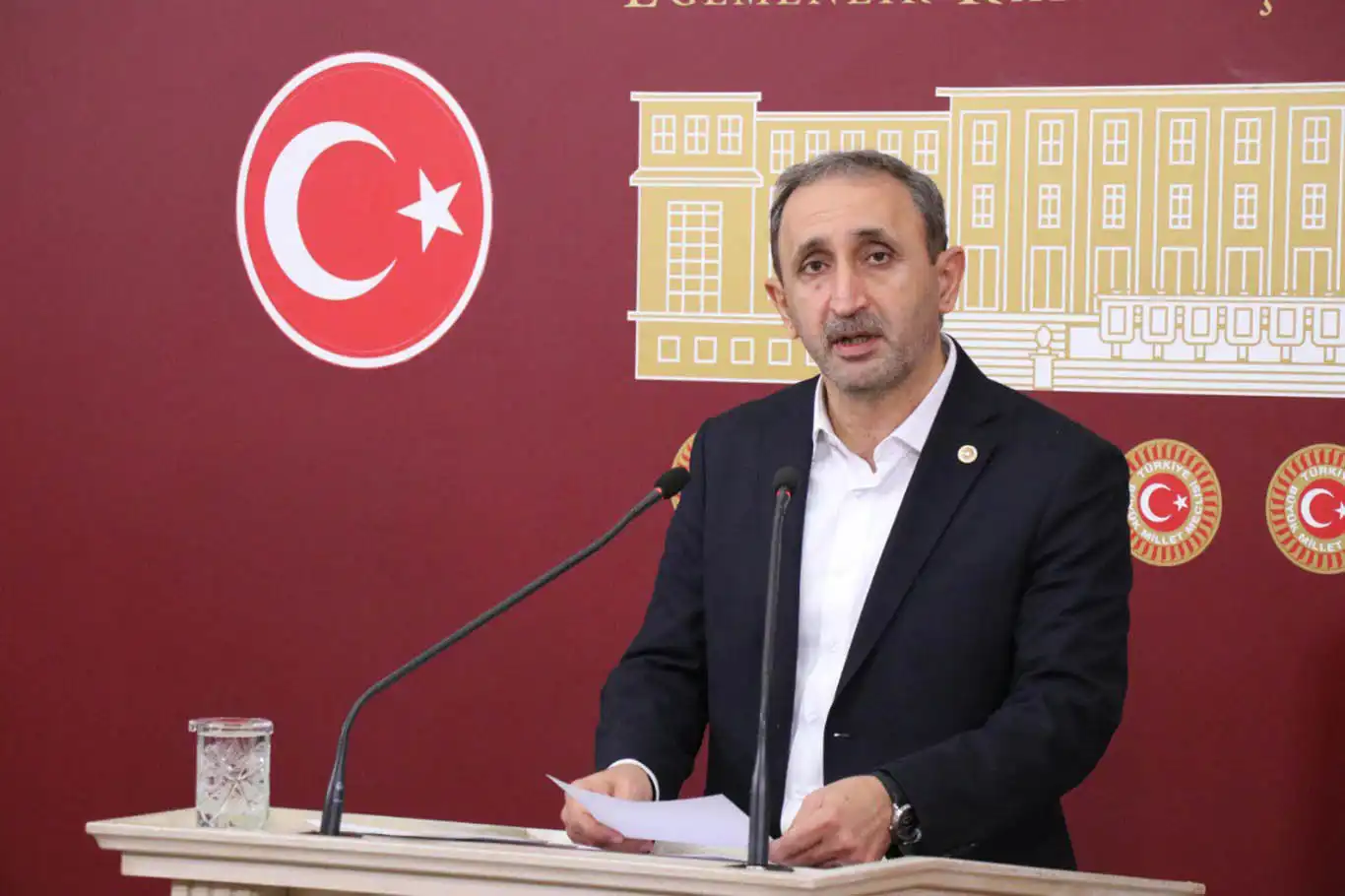Yemeni security services uncover espionage network linked to Israel and United States
Yemeni Security Forces have revealed the existence of a large espionage network operated by American and Israeli intelligence agencies.

 Google News'te Doğruhaber'e abone olun.
Google News'te Doğruhaber'e abone olun. The network, which has been active within various institutions in Yemen since 2015, was uncovered by Yemeni authorities, the agency announced on Monday.
Major General Abdul Hakim Hashem Al-Khaiwani, head of the Security and Intelligence Service, detailed in a televised statement that the exposed network was involved in collecting critical information across multiple sectors and conducting direct espionage operations. “The exposed network collected important information in various fields and carried out direct espionage technical operations on behalf of the enemy’s intelligence services to obtain confidential, sovereign information,” Al-Khaiwani said.
According to the security apparatus, the network gathered data that influenced decision-makers, infiltrated state agencies, and recruited officials within the Yemeni government. The intelligence collected was reportedly used to destabilize Yemen's economy through sabotage and information gathering, negatively impacting sectors such as agriculture by increasing pest infestations to boost agricultural imports and making Yemen more reliant on foreign parties.
The network is also accused of targeting Yemen's public health by spreading diseases and undermining the education system by promoting moral corruption. Additionally, it provided military intelligence to American and Israeli agencies, aiming to weaken the Yemeni army and diminish its capabilities.
The Yemeni security forces emphasized that the network supported the aggression against Yemen by supplying adversaries with military information, thereby hampering Yemen's military development over the past years.
Officials have indicated that more details about the network and its operations will be disclosed in the coming days. This revelation underscores the ongoing challenges Yemen faces in maintaining its sovereignty and stability amidst external interventions. (ILKHA)





























